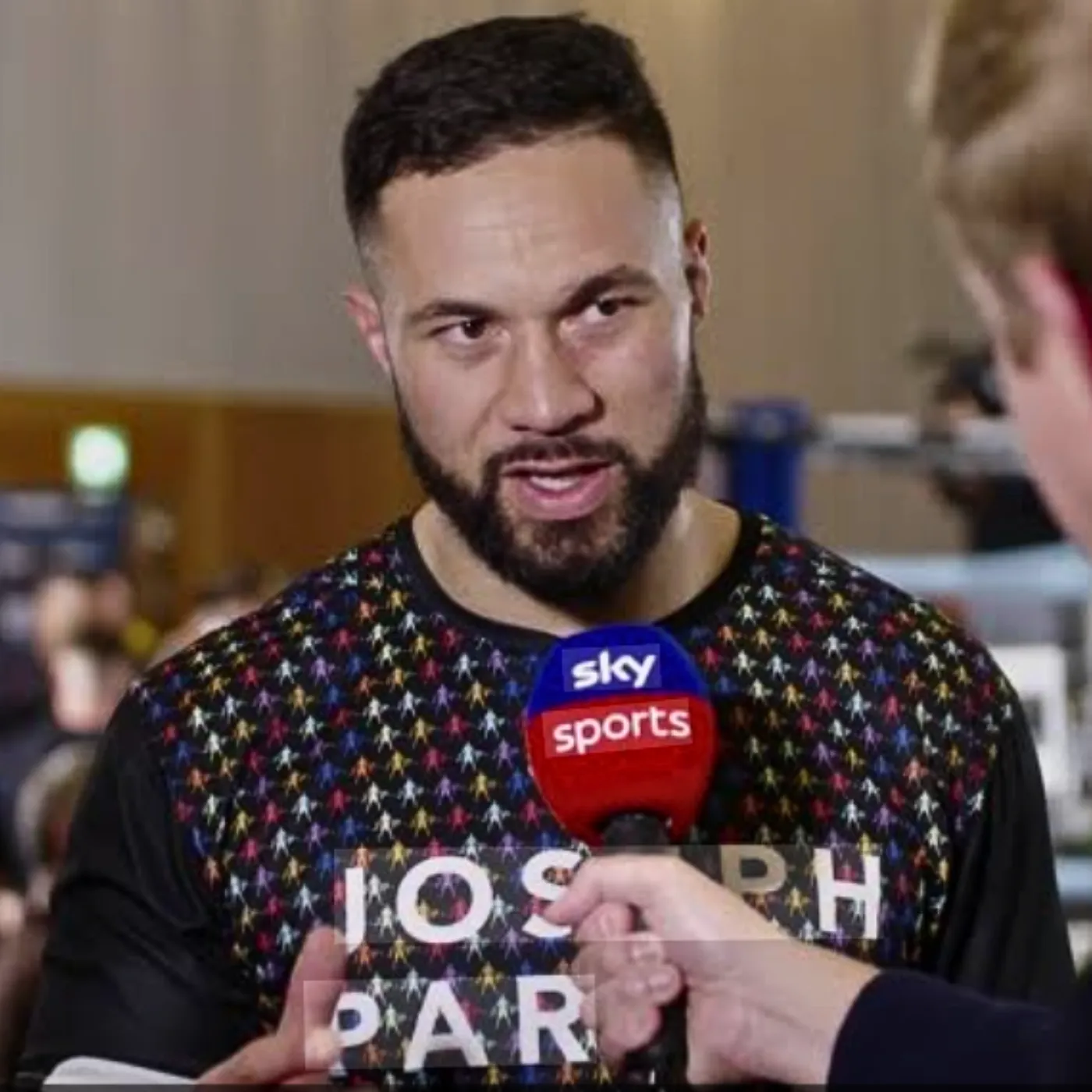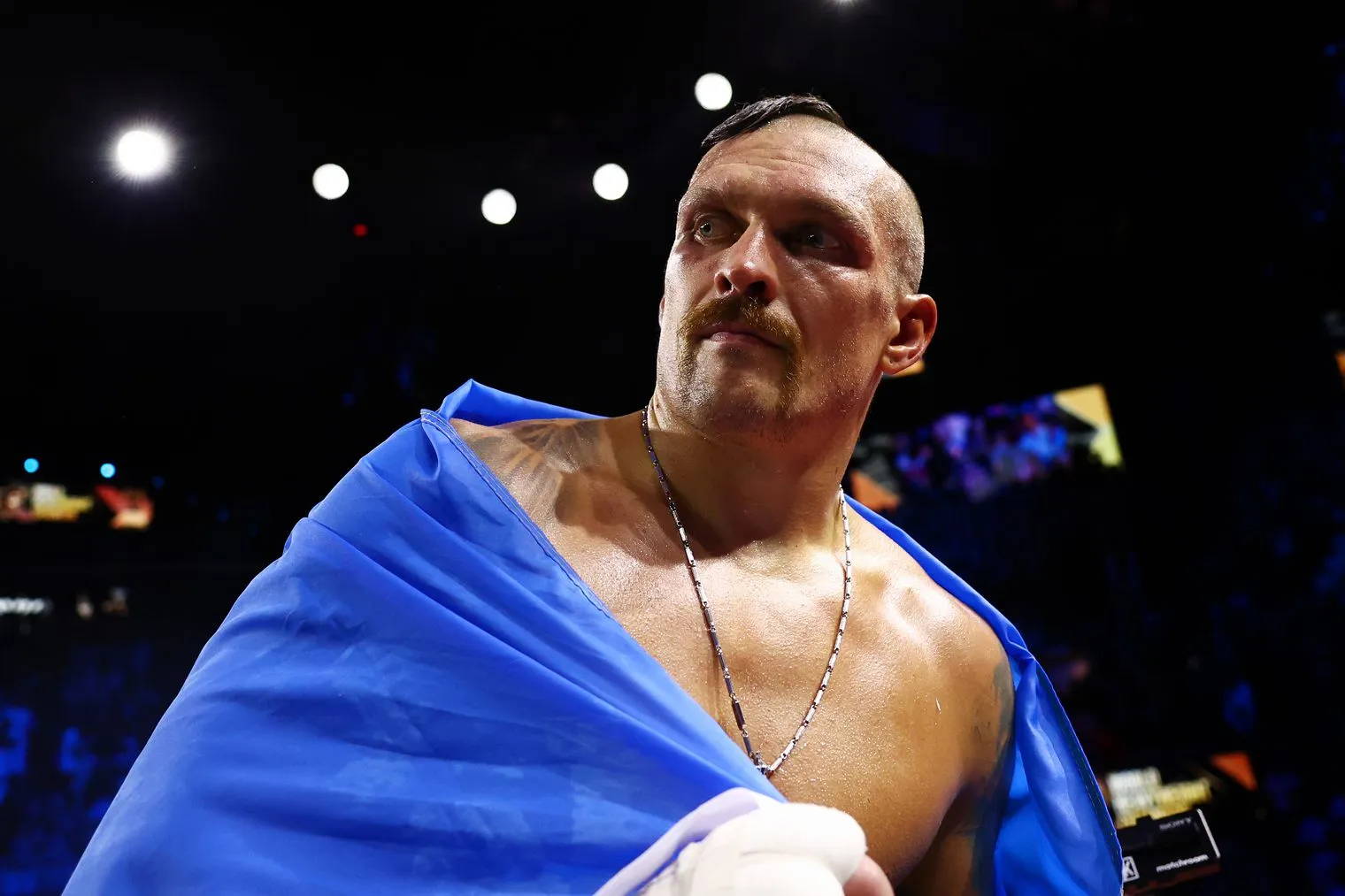
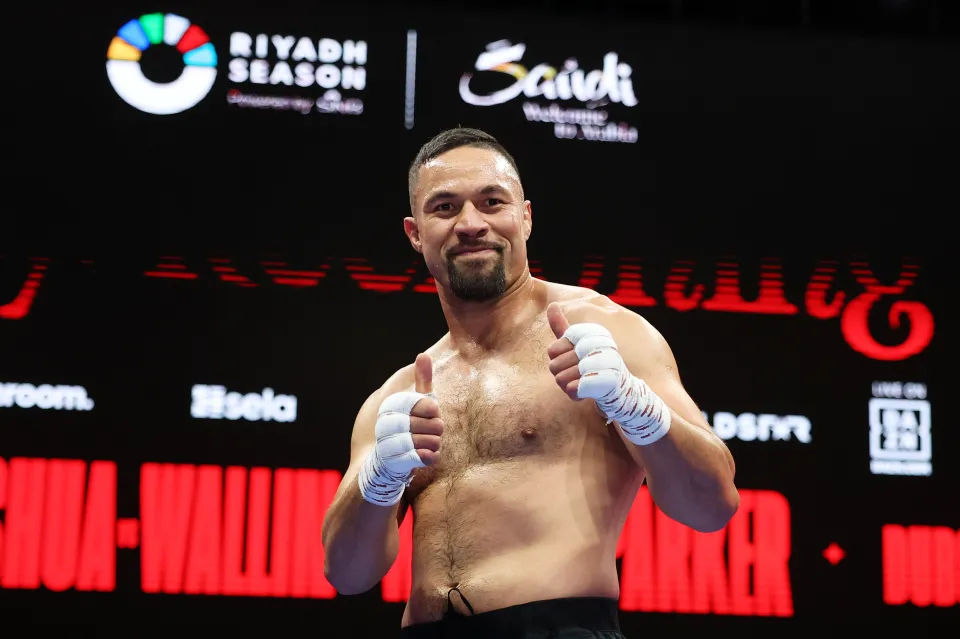
From a Boy Holding a Fishing Rod by the River – to the Day Police Took His Whole Family: Joseph Parker Nearly Missed Boxing for the Most Unbelievable Reason!
Every great fighter has a story, but Joseph Parker’s origin in boxing might be one of the most bizarre in the heavyweight division. While most future champions were glued to the gym, sharpening their craft, the young Parker was more likely to be found by the water, rod in hand, chasing fish rather than chasing punches. His path to glory didn’t start with blood, sweat, and tears in the ring—it started with a boy who would rather skip practice for fishing trips. Today, Parker is celebrated as a former WBO heavyweight champion, but few fans realize that boxing almost lost him to the simple, quiet life of a fisherman.
The Early Days: Boxing at Ten, but No Passion
Parker began training in boxing at just 10 years old in 2002, guided by his first coach, Grant Arkell. But unlike prodigies who fall in love with the sport from day one, Parker never truly felt the fire. Instead, he often ditched training sessions. Why? Not because of injury, not because of fear—but because of an almost comical addiction: fishing.
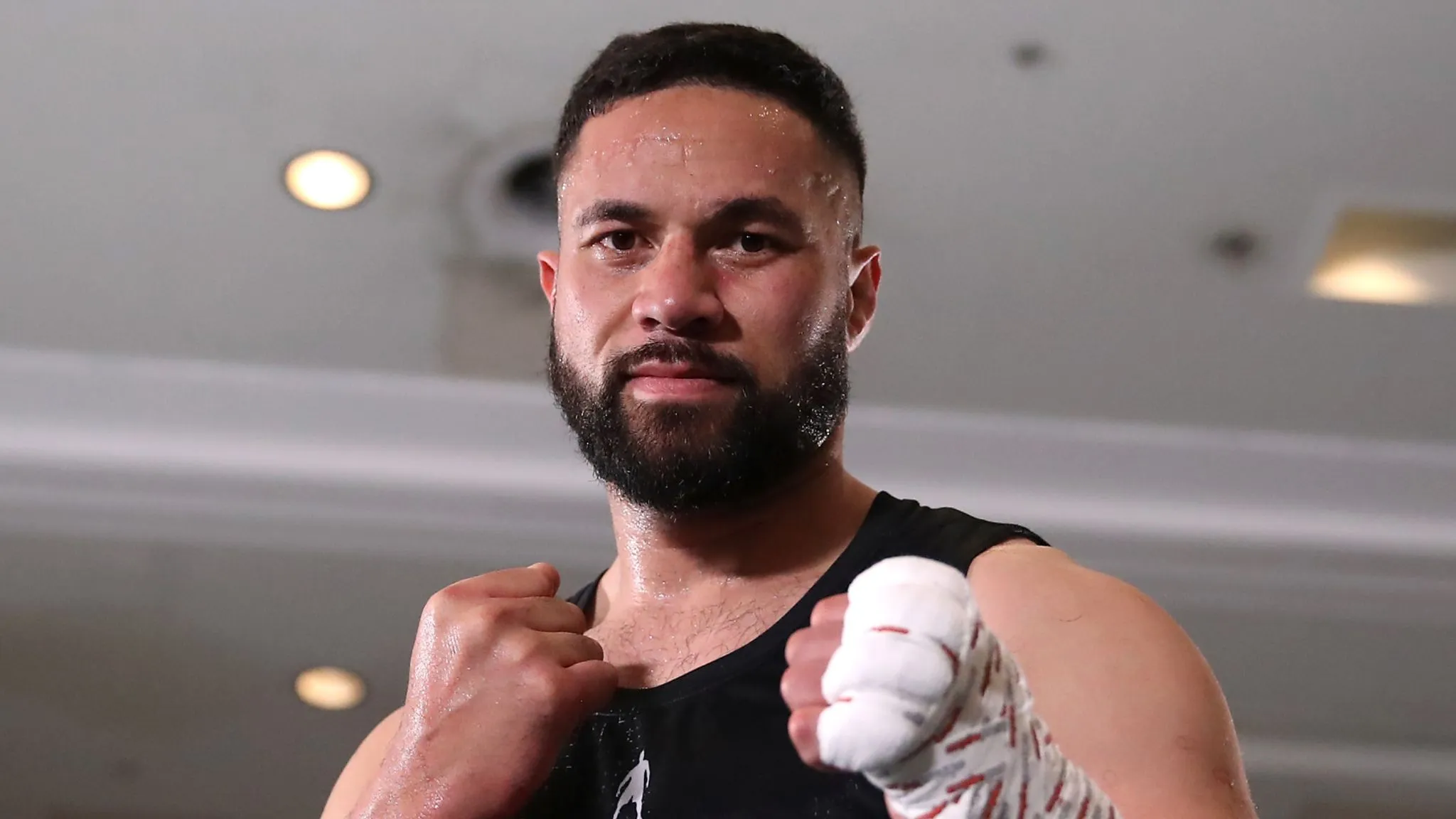
Friends and trainers recall that Parker would vanish for hours, skipping scheduled practices, and when questioned, he always had some unbelievable excuse. One time, he’d claim he had to go to the airport. Another, he’d say someone in the family had passed away. But the truth was often simpler: he was just out by the water, with a fishing line dangling.
A Coach’s Frustration: Lies That Hid the Truth
Trainer Grant Arkell later revealed that Parker wasn’t an unreliable kid—he was just a boy with a heart that beat faster when a fish tugged the line than when a boxing glove smacked the bag. Arkell would sometimes be baffled by Parker’s absence, only to learn later that it wasn’t family emergencies keeping him away from the gym—it was his secret love for fishing. In hindsight, it’s almost laughable to imagine: the same heavyweight who would one day step into the ring with Anthony Joshua, Derek Chisora, and Joe Joyce, once prioritized catching trout over throwing punches.
A Turning Point: When Responsibility Hit Harder Than Any Punch
So what changed? For Parker, the wake-up call didn’t come in the gym—it came in real life. During one of his early competitions, Parker’s entire family turned up to support him. They piled into the car, excited to see their boy fight. But in a cruel twist of fate, they were stopped by the police. The family’s car was impounded because of issues with a suspended driver’s license. What should have been a proud day turned into an embarrassing ordeal. That moment stayed with Parker.
He realized that his choices and his lack of discipline were affecting not only his own future but also his family. From then on, he began to take boxing more seriously. Fishing remained a passion, but it would no longer stand in the way of his career.
The Rise: From a Reluctant Boxer to Heavyweight World Champion
Once Parker committed, the results were remarkable. His natural talent, athleticism, and toughness shone through. He rose quickly through the amateur ranks, eventually turning professional and making a name for himself with his speed and resilience.
By 2016, he achieved what many thought impossible: defeating Andy Ruiz Jr. to become the WBO heavyweight champion of the world. It was a monumental achievement—not just for Parker, but for New Zealand, which had never before produced a heavyweight boxing champion. From a kid who used to lie about skipping training to a world champion—Parker’s transformation remains one of boxing’s most underrated stories.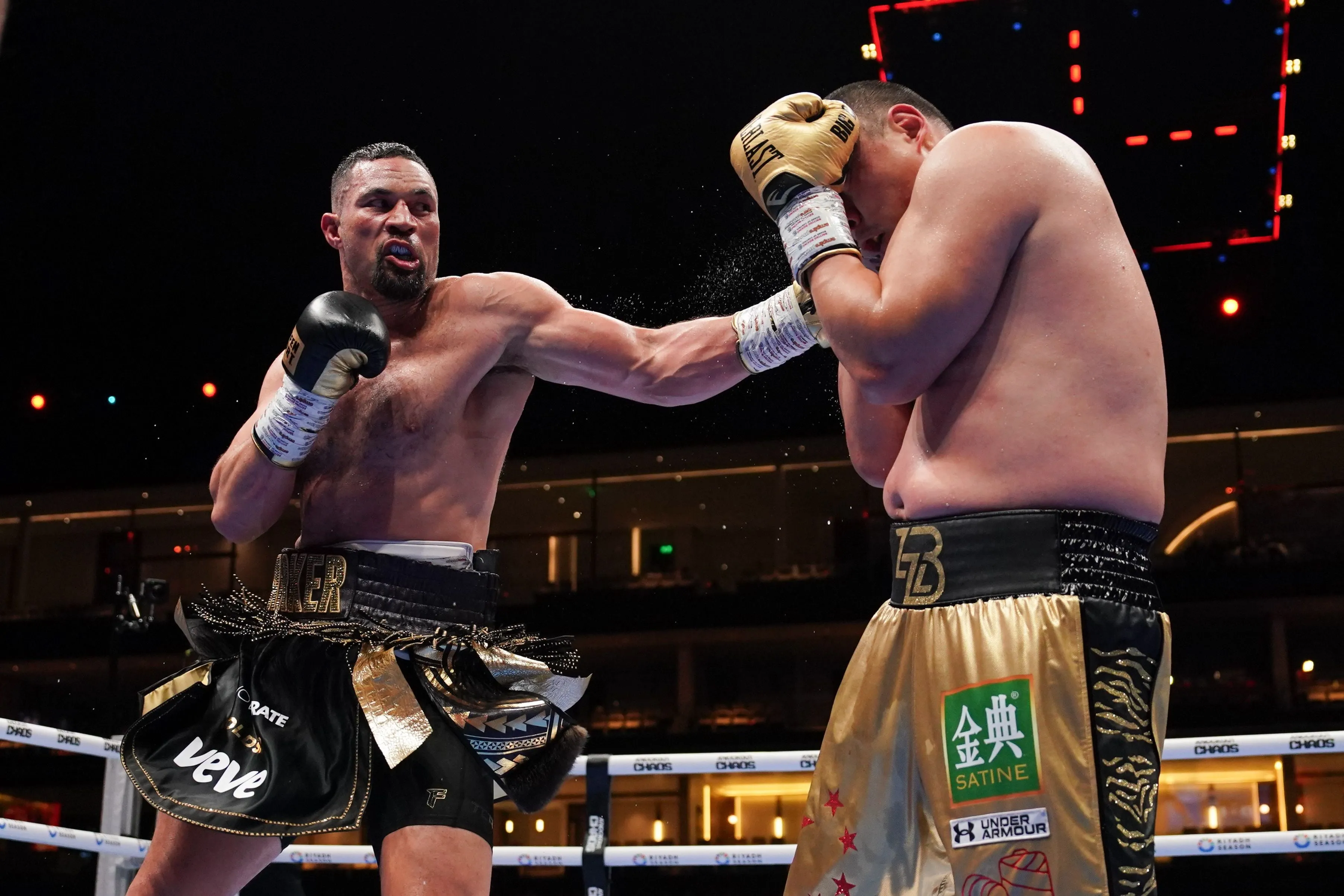
The Curiosity Factor: How Fishing Shaped His Boxing
Here’s the part that makes Parker’s story viral-worthy: his obsession with fishing may have actually shaped his boxing mindset. Fishing requires patience, calmness, and focus—qualities Parker has often displayed in the ring. Unlike fighters who rely on reckless aggression, Parker has built his career on composure and strategic thinking.
Some sports psychologists even argue that the skills learned during hours of fishing—waiting, watching, staying calm under pressure—may have been subconsciously training Parker all along. In other words, the fishing rod may have been his first coach, teaching him discipline in disguise.
A Unique Personality in a Brutal Sport
In the cutthroat world of heavyweight boxing, where fighters are often portrayed as savage warriors, Parker stands out. He’s calm, good-natured, and rarely engages in trash talk. Fans love him not just for his fights but also for his humble, grounded personality.
And that personality can be traced back to those days when he’d rather spend a quiet evening fishing than bragging in the gym. In fact, Parker still enjoys fishing today and often shares glimpses of it with fans. Unlike other fighters who indulge in fast cars and flashy lifestyles, Parker remains refreshingly different—proof that not every champion needs to fit the stereotype of a loud, arrogant warrior.
Viral Angle: What If He Had Never Chosen Boxing?
Here’s the million-dollar question that makes headlines pop: what if Joseph Parker had never chosen boxing? Could he have been a professional fisherman instead? Could the world have missed out on one of New Zealand’s greatest athletes because of a love for fishing?
The irony is striking: without that embarrassing family incident with the police, Parker might never have shifted gears. The heavyweight division could have looked completely different, and the legacy of the WBO belt might have belonged to someone else. It’s this alternate-reality angle that keeps fans curious and clicking—because sometimes the smallest decisions change the biggest outcomes.
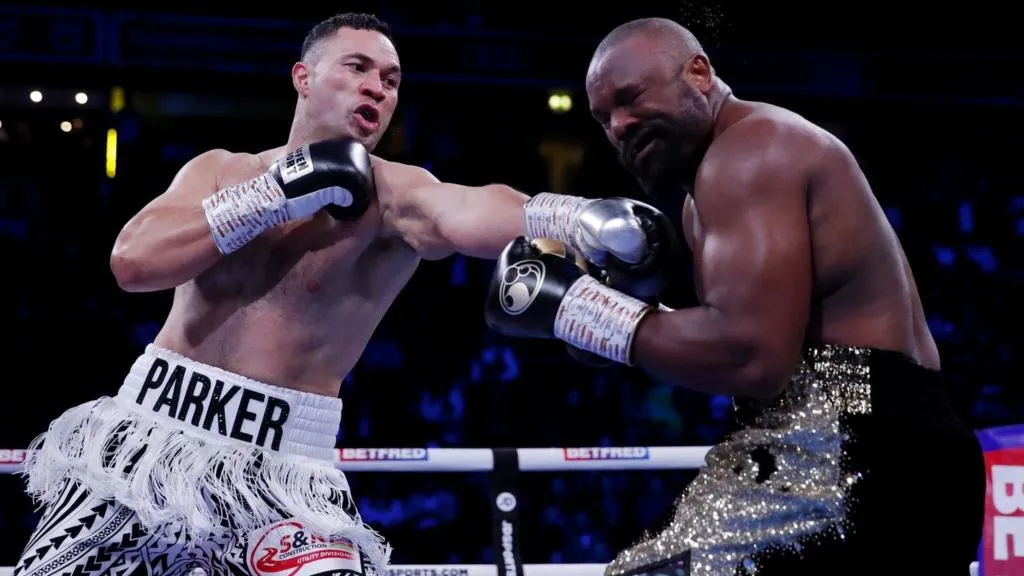
Lessons for the Next Generation: Discipline Over Distraction
Parker’s story isn’t just entertaining—it’s inspiring. It shows that distractions, even innocent ones, can derail potential greatness. But it also proves that with the right wake-up call, anyone can realign their focus and achieve something extraordinary. For young athletes, Parker’s journey is a reminder that talent means nothing without discipline. And for fans, it’s a story that humanizes a fighter often seen as a stoic, almost robotic presence in the ring. He wasn’t born obsessed with boxing—he had to learn to love it, the hard way.
Conclusion: From the Riverbank to the Ring
Joseph Parker’s journey reminds us that champions can come from the most unlikely beginnings. He wasn’t destined from birth to be a boxer. He didn’t live and breathe the sport as a child.
In fact, he almost gave it up for a fishing rod. But when life forced him to grow up, Parker turned his casual relationship with boxing into a full-fledged career. From being a boy who lied to his coach about missed practices to holding the WBO heavyweight championship, Parker’s story is one of transformation, responsibility, and perseverance. And maybe, just maybe, it’s proof that the patience of a fisherman can also build the mindset of a champion.









